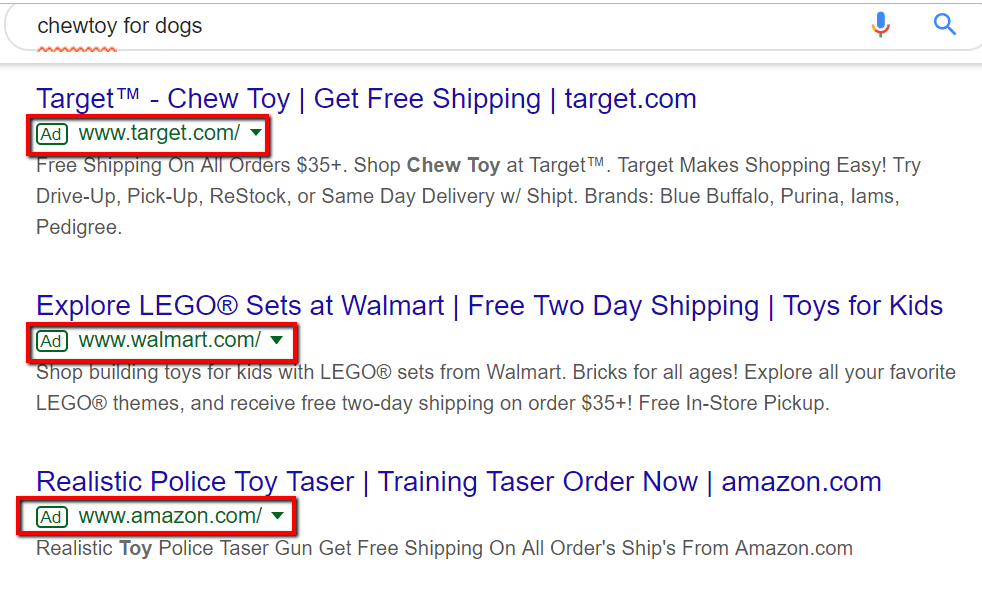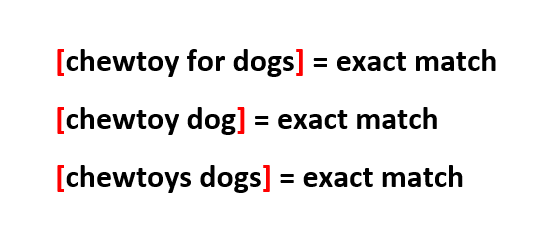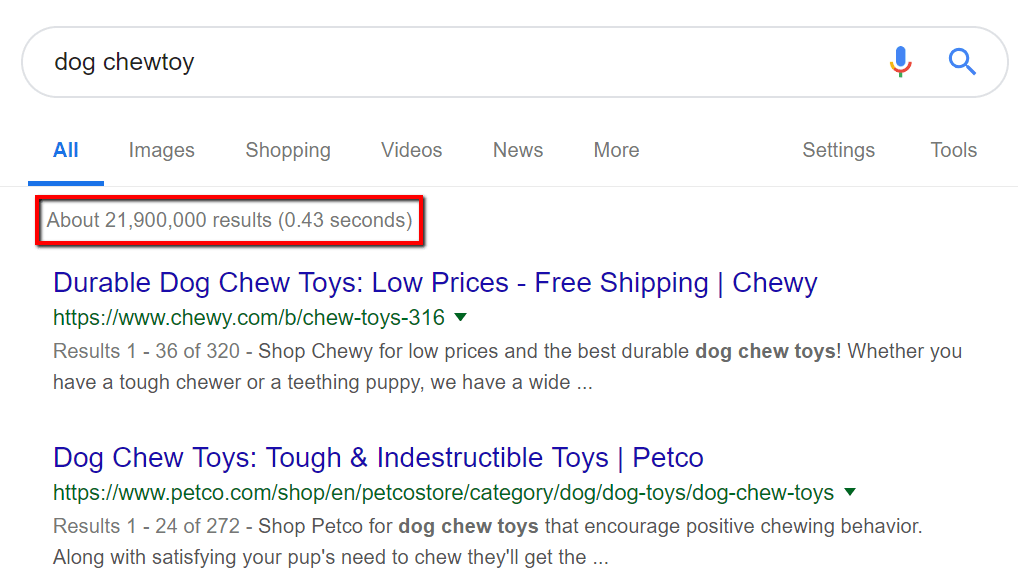Exact Match Keywords Are Dead. Here’s Why…

TechsPlace | Running a Google AdWords campaign is a brilliant idea. On average, businesses would spend $1 and end up getting $2 for their ads, after all.
So when you find a home with AdWords, you’re in a promising place. You just have one small problem: you don’t know how to make your campaign effective.
What should you do? Should you follow the top SEO experts? Or should you strategize on your own?
What’s best, it appears is to start exploring different approaches. But before anything else, you should keep one thing in mind. Don’t use exact match keywords.
Those keywords may have worked wonders before. Now, though, they’re as good as dead.
What is an exact match keyword?
Do you see those ads that come up after you search for something on Google? Well, those specific ads come up because of a keyword-triggered them.

So without a doubt, keywords are integral to paid search. And this is why you need to do your research.
It’s up to your chosen keywords to control the searches that your ads will be on. It’s also up to these keywords to work their magic and target people who get to see your ads. And this brings you to this type of keyword.
An AdWords exact match keyword is a keyword match type of paid search ads. It shows up on a search that matches the exact term. That, or it’s one of the close variants of that term.
Such keyword looks like this (with the exact match symbol):

If you use an exact match AdWords keyword, you are choosing your audience. You are choosing to display your ads to the users who are searching for that exact keyword.
For example, the keyword is [chewtoy for dogs]. If the user types in those exact words and in the same order, your ads will show up to him. But if he types in something else (despite a bit related), your ads won’t be visible to him.
So if he types in [buy red chewtoy], do you think he’ll see your ads? You got that right. No, he won’t.
How exact is an exact match?
Well, it began like that anyway. Now, exact match keywords as the exact matches are part of the past in digital marketing.
Exact match keywords don’t just refer to matches with specific words anymore. They match with the user’s search intent, too!
You see, Google had an algorithm update. And with it, came a new definition of an exact match keyword.
Now, LSI (Latent Semantic Indexing) keywords are also part of the system. These keywords refer to a close variation of an exact match keyword. The variations include:
- Misspellings
- Singular and plural forms
- Abbreviations, acronyms, and accents
- Stemming
To follow up on the same keyword above, the exact match keyword is [chewtoy for dogs]. So the examples of LSI keywords for that term are [chewtoy dog] and [chewtoys dogs].

The approach of a Google AdWords exact match is quite specific. It can increase the chances of your ad being relevant to a target audience.
It’s a good thing. It lets you create highly-targeted ad copies. And these copies will be highly appealing to the users with the exact search term.
Why shouldn’t I use an exact match?
But hold up. That upside can also screw you over. When you go with an exact match, Google AdWords is somehow telling you that you need to spend for every keyword.
If you have a tight budget, using this matching type isn’t the way to go. Because of its specific approach, you’re shelling out cash only for exact matches.
You’re investing only on what you believe will benefit you. And you’re ignoring any suggestions.
It means you’ll be paying for specific keywords. And you’ll need to pay for every specific keyword you want to target.
Another issue with using exact match keywords is that you end up in fewer searches. Again, due to its specific system, you’re likely to miss out on other relevant searches.
Let’s use an example. Again, your exact match keyword is [chewtoy for dogs]. By the looks of it, you’re turning your back to starring in search results for other keywords such as:
- [chewtoy for animals]
- [green toys for chewing]
- [free chewtoys for all pets]
- [big dogs chew toy]
And in this sense, you’re also ignoring the wonders that long-tail keywords can do for you. And long-tail keywords are important to an effective keyword strategy.
For example, your exact match keyword is [dog chewtoy]. Using that short-tail keyword alone is like saying goodbye to long-tail keywords. Examples of these hit LTKs are [blue dog chewtoy for sale] and [buy chewtoy for Dachshund puppies].
As you can see below, the results that the short-tail keyword returned are 21,900,000. The results for its long-tail version, on the other hand, are 42,600,000, which is almost 2x as much!

Final thoughts
Inarguably, Google ads’ exact match keywords aren’t your enemies. They give you utmost control over your ads. They let you set specific guidelines.
But compared to other keyword matching options, they’re not the most ideal. Broad match keywords, for one, let you target fewer keywords while allowing you to show up in more searches. And their goal is to help you reach out to the widest audience!
Ankit is a professional blogger, affiliate marketer, consultant, trainer, public speaker and founder of MasterBlogging, where he is passionate about helping people generate a full-time income with blogging. You can follow him on twitter at @iAnkitSingla





